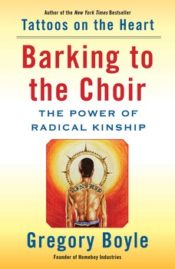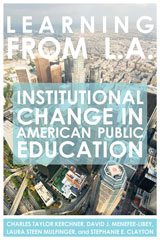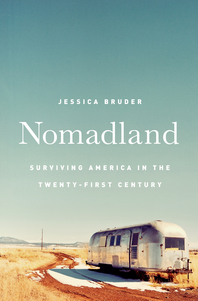Content is King; Hire Reporters as if your millions depend on it. They do.
Posted on | August 9, 2013 | Comments Off on Content is King; Hire Reporters as if your millions depend on it. They do.
Memo to Jeff Bezos:

I’ll get back to thinking about education tomorrow. Today, I’ve been following the news about my first occupational love, newspapering.
Jeff Bezos’ purchase of the Washington Post for $250 million this week has set the world of newspaper watchers a twittering. While there is much, largely vacuous, conjecture about the future of the paper’s editorial policies and its longevity in paper form—dead tree news—one thing is clear. Bezos will bring change. “I’m excited and optimistic about the opportunity for invention,” he wrote. Or as Michael Hiltzik commented in the L. A. Times, “He’s looking forward to turning the Post into a laboratory.”
Much of the chatter this week has come from web developers who see Bezos as transforming the paper from a mass medium to a scalable, personally tailored communication device, opening up new channels for connecting with readers. Others commented on his conflict of interest, including the $600-million contract with the CIA, as if most publishers don’t have complex financial arrangements that give them less-than-disinterested motives. But in all the talk of delivery, content was largely undiscussed, other than assurances that the editorial management of the paper would remain untouched, which is probably the least believable statement of the week.
Bezos knows, or will learn, content is king regardless of how news is delivered. The most essential investment Bezos can make is not web networks: it’s reporters and editors. Bezos is known for his long game—a willingness to invest in the future as he has at Amazon with very slim profit margins. The future needs content.
The turn from print to Internet underscores this essential truth. Where the content of a printed paper is constrained by the decline in display and classified advertising that has shrunk all newspapers, digital packaging and delivery is highly expandable. Revenue still needs to flow, but the marginal cost of producing and distributing more news is relatively low.
The largely unsung heroes of the newspaper world are beat reporters, who get to know segments of the community or the political world very well. Great city hall reporters have more institutional knowledge of the town than the mayor. The best education reporters know enough about how schools run and students learn not to be bamboozled by the superintendent’s sound bites. It has been the ranks of these reporters who have been thinned by the decline in metropolitan dailies.
Media stars get attention, and the the lore of WAPO is full of them. (See veteran critic and editor Henry Allen’s recollection of The Post that was.) But the underling craft of cultivating sources and of patiently developing stories is what creates loyal readers who become habitual customers, regardless of whether the instrument is a handheld device or a broadsheet.
So, while others are assured by Bezos’ pledge to keep hands off the newsroom, I am alarmed. Great editor-publishers see building reportorial capacity as their central hands-on job. And this is doubly the case when the nature of news itself is changing along with the medium of expression.




